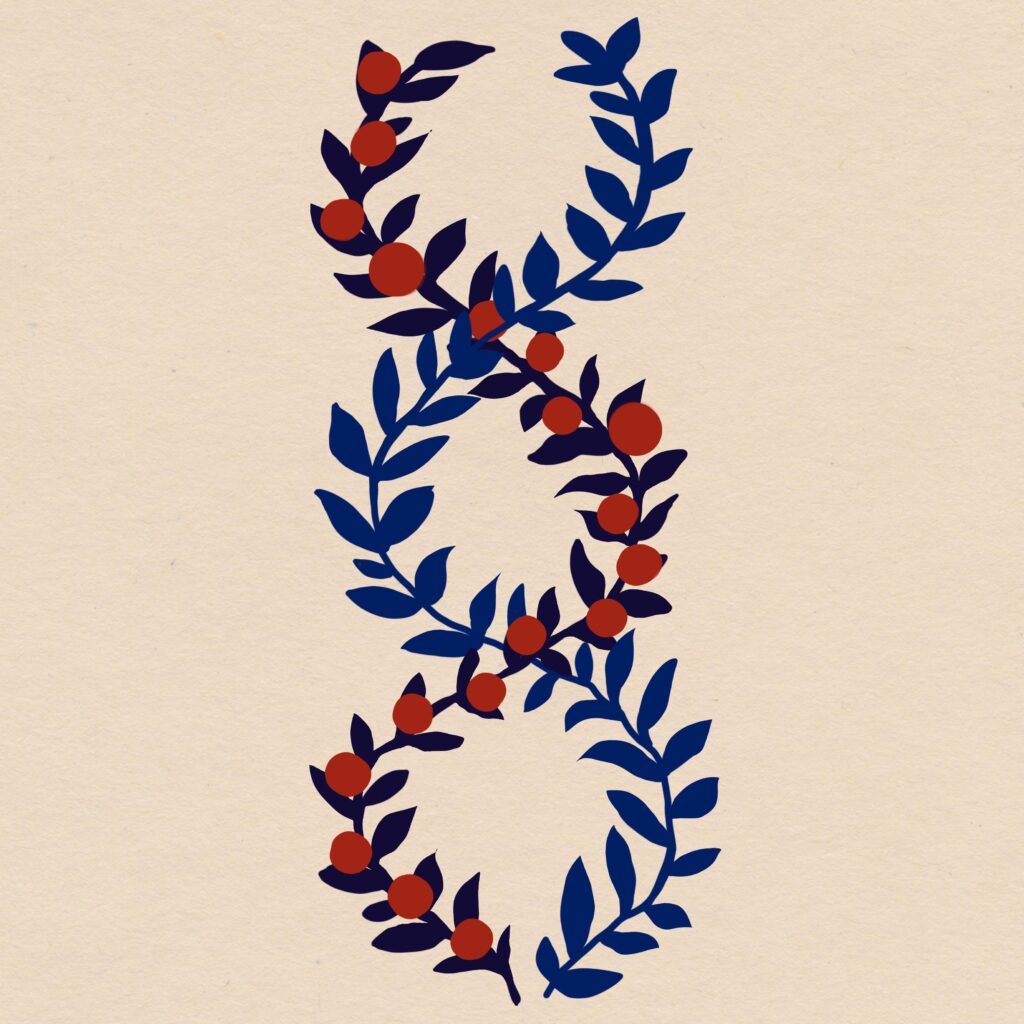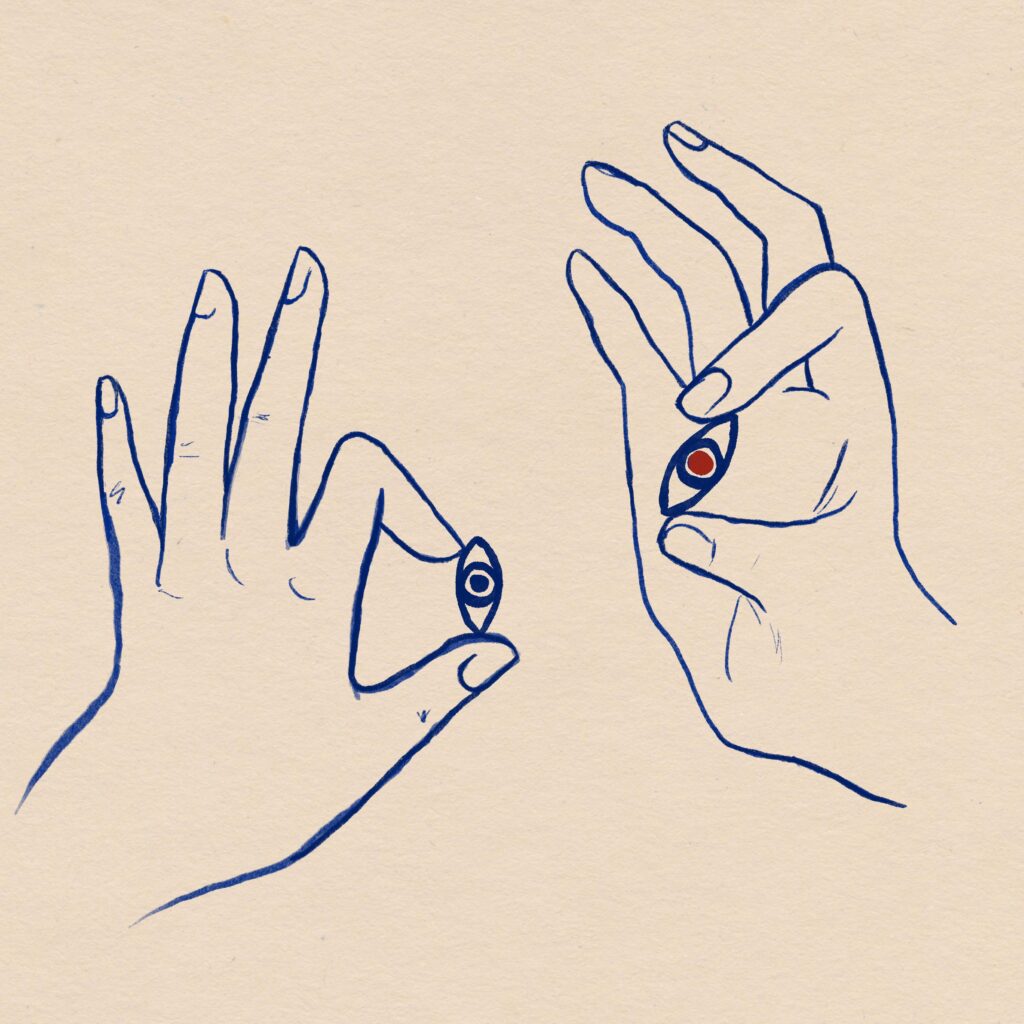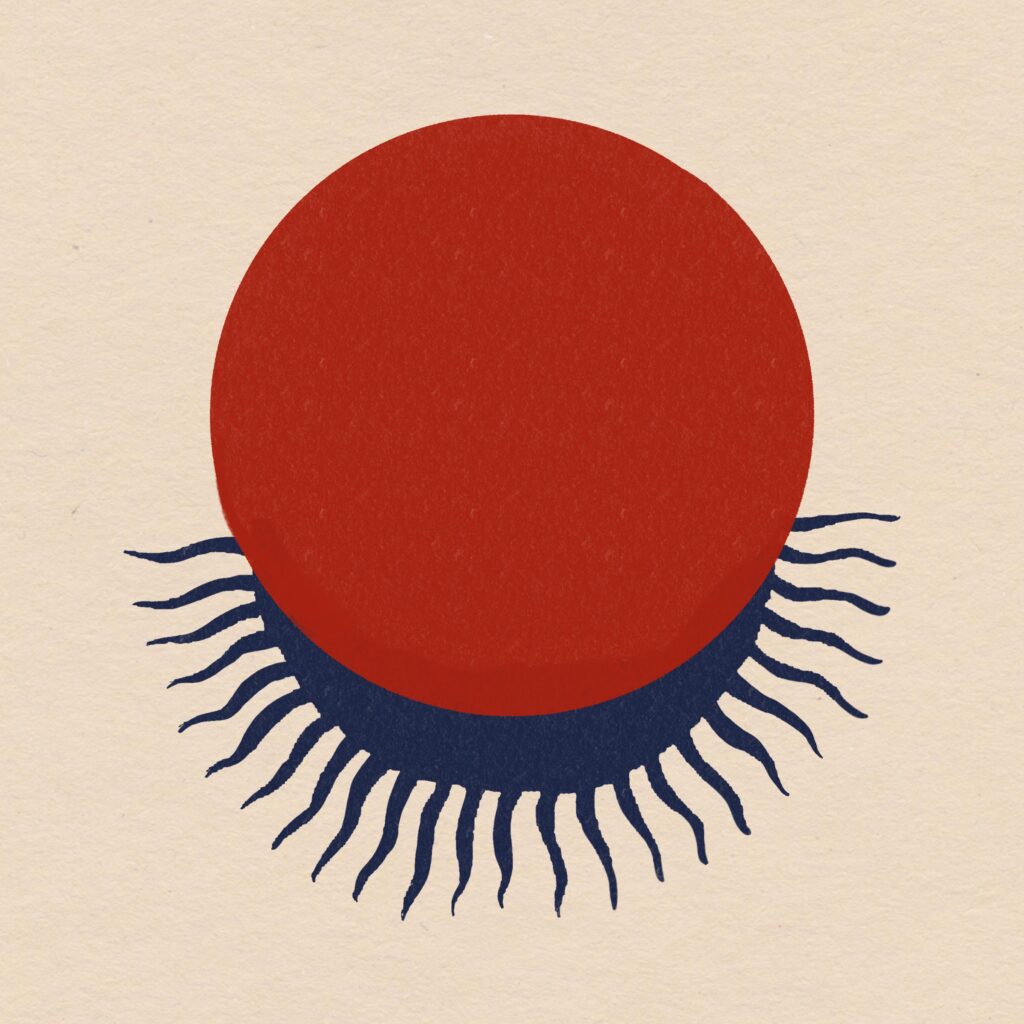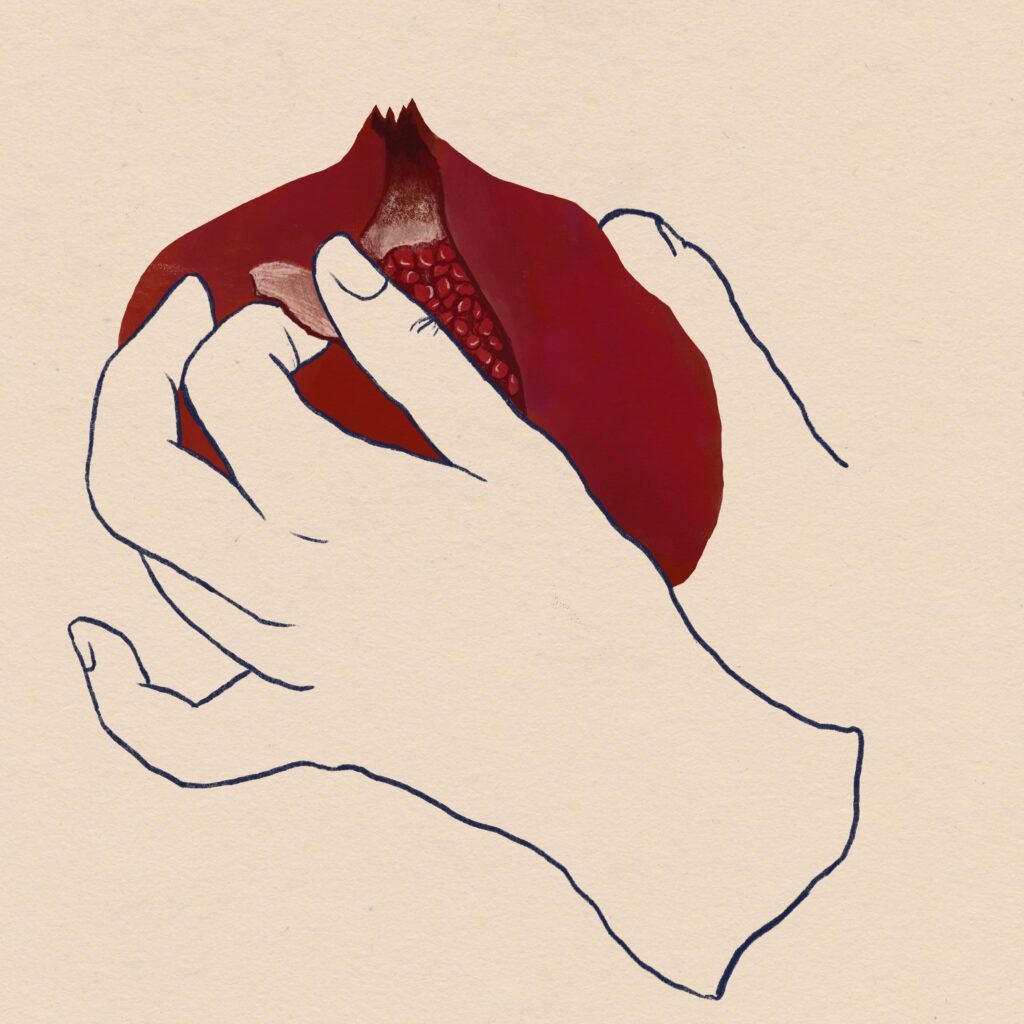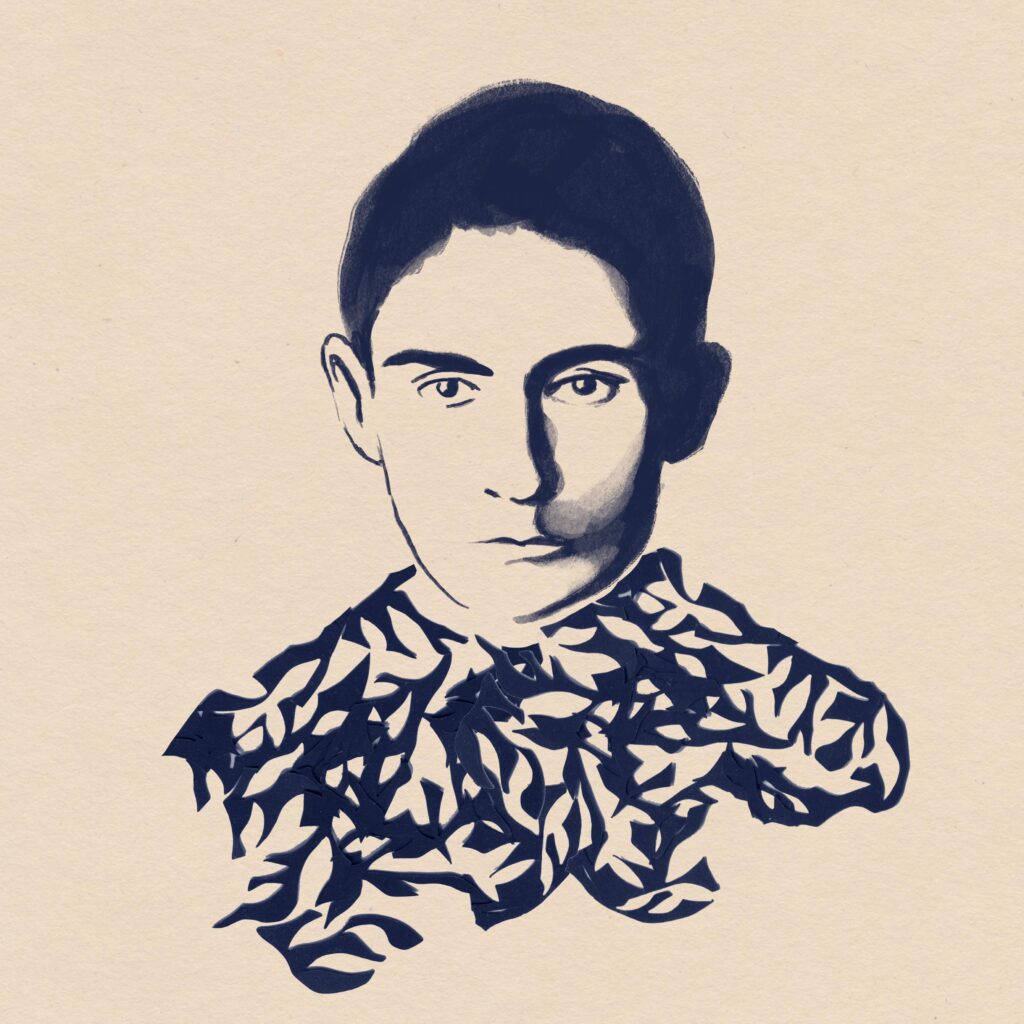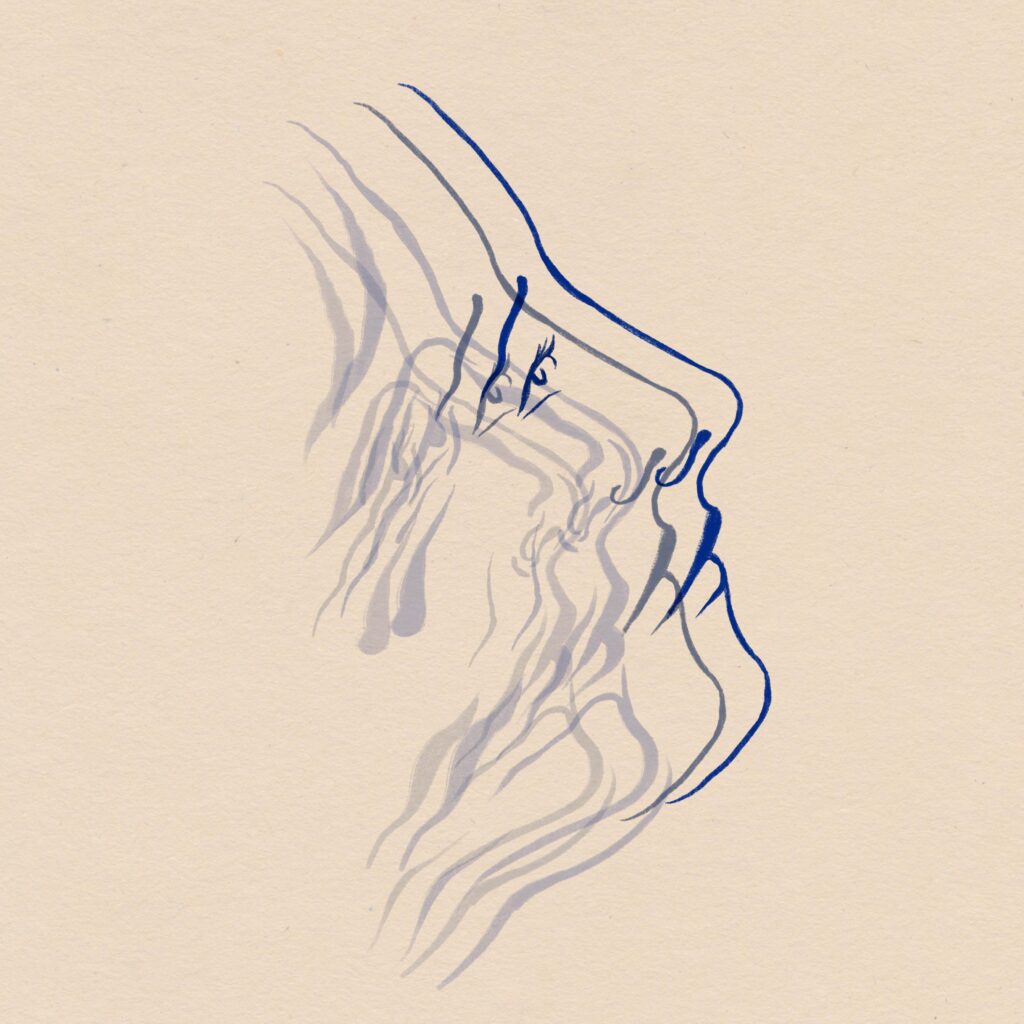Articles
Review: Brendan McGeever, Antisemitism and the Russian Revolution
In January 1918, two months after Soviet power was established in Petrograd, one of the Red Guard units tasked with securing that power on the ruins of the Russian empire entered Hlukhiv, just over the Russian-Ukrainian border, north east of Kyiv. The unit was pushed out of Hlukhiv by the counter-revolutionary Ukrainian Baturinskii regiment within weeks – but soon joined forces with a group of Red partisans who had arrived from Kursk in southern Russia, and took the town back. A pogrom ensued. The Baturinskii regiment changed sides, claiming they had only resisted Soviet power because the “Yids” had paid them to. The Red Guards, thus reinforced, rampaged around the town proclaiming “eliminate the bourgeoisie and the Yids!”
Introduction to Abraham Serfaty’s Letter to the Damned of Israel
In October 1979, while he was locked up by the Hassan II government in the Kenitra prison, the Jewish Moroccan Marxist thinker and organiser Abraham Serfaty wrote a text about one of his main political educators, Abdellatif Zeroual, who had died under torture 5 years earlier. Serfaty had been arrested, alongside Abdellatif Lâabi, in 1972, because of his involvement in the Marxist-Leninist organisation Ilal al-Amam [Forward]. The two men were only freed in 1991. One of the lessons Zeroual had taught him, Serfaty writes, was the meaning of concrete proletarian internationalism. This meant that while the task of the Moroccan Left was to organise the Revolution within the Moroccan borders, this task was never to be detached from the broader Arab Revolution.[1] This lesson would remain central to Serfaty’s theory and praxis. Indeed, as an Arab Jew, he attached a great importance throughout his life to the national question as an important component of the wider international struggle.
Victor Serge: Three Writings on the Jewish Question and Antisemitism, 1943-47
By Way of an Introduction: The Middle Ages Chasing Us by Claudio Albertani
Power, Politics, and Personification
Toward a Critique of Postone’s Theory of Antisemitism
This essay offers an immanent critique of Moishe Postone’s theory of antisemitism, arguably among the most influential such theory of the past forty years.[1] Postone’s entire oeuvre is dedicated to the proposition that power in capitalist societies does not reside with agents but in a system of abstract domination. He explains modern antisemitism as what happens when people do not recognize the abstract nature of that system and instead hold that there must be someone—the Jews—in charge of things, responsible for all they fear and suffer. This phenomenon he proposes we understand as a form of fetishised anticapitalism.
Rootism, Modernity, and the Jew
Antisemitism and the Reactionary Imaginary, 1789-1945
The far-right identification of Jews with modernity has been noted by many scholars, some writing from a Marxist perspective, such as Enzo Traverso and Moishe Postone. Yet most analyses have fallen short of offering a properly dialectical account of antisemitism, one that will scrutinize the antinomies at the heart of the antisemitic discourse and trace their relations to the contradictions of modernity itself. In this paper, I will make modernity as movement the focus of the analysis.
Auschwitz and Hiroshima
Günther Anders
In a long autobiographical interview given to Mathias Greffrath in 1979, Günther Anders (Stern) indicated four major turning points that had marked his intellectual itinerary. First of all the Great War, which he had witnessed while still an adolescent and from which he learned what a massacre of millions of people was like: he would never forget the spectacle of mutilated soldiers and humiliation inflicted on civilians that he had witnessed in Alsace. Then Hitler’s rise to power in Germany in 1933: the event that forced him into exile. Finally, two great, almost contemporary tragedies, consummated during the Second World War, which he learned about in the United States in 1945: the genocide of the Jews in Europe and the atom bombing of Hiroshima and Nagasaki.[1] These events shaped his sensitivity, his vocation as a philosopher and intellectual, his thinking and perhaps even his style. The last one, the nuclear destruction of the Japanese cities, marked in his eyes the beginning of a new era, a sort of ‘zero hour’ (Stunde Null) for humanity, which discovered for the first time the concrete possibility of its own annihilation. From that moment on, Anders decided to devote the rest of his life to denouncing this terrible threat, conducting his battle like an isolated and unheard Cassandra, but always tenacious. A prophet of despair, Anders did not act as a representative of a community or a spokesman for a political movement, but only as a committed intellectual, an exile by necessity and a ‘citizen of the world’ by choice: first in Paris, then in New York, Los Angeles and finally Vienna, cities and countries that were never his true home. But ‘citizen of the world’ is not an entirely appropriate definition, one should probably speak of a ‘man without a world’ (Mensch ohne Welt), using the formula he himself had forged to indicate a tradition initiated by Kafka, Brecht, Döblin and Grosz, to which he implicitly subscribed.[2]
Revisiting the ‘Jewish Question’ and Its Contemporary Discontents
As this article is being written, the world is confronting a global pandemic that continues to wreak havoc daily. While unprecedented in several respects, the pandemic mirrors earlier crises under financialised capitalism, at least in its devastating impact upon the global working poor and the unemployed, racialised minorities, migrant workers, and other marginalised groups. The pandemic has also been accompanied by a spate of anti-Jewish and anti-Asian violence globally. To be sure, racist-based violence and hate crimes had a long and sordid history before the pandemic. In 2019, a German neo-fascist killed two people outside a Halle synagogue in a deliberate attempt to carry out a murderous rampage against Jews. A year earlier, another neo-fascist was responsible for killing 11 Jewish worshippers and injuring six others at the Tree of Life Synagogue in Pittsburgh. In addition to these horrific acts of antisemitic violence, there has been a general spike in hate crimes against Jews across Europe and North America, which has given renewed force to contemporary discussions about antisemitism and the ‘Jewish Question’.[1] In the Marxist tradition, the debate about the Jewish Question originates in the nineteenth century, prompted as it was by Marx’s well-known critique of Bruno Bauer’s book, Die Judenfrage (The Jewish Question). The current iteration of this debate is complicated by a host of multi-layered and conflicting realities. These realities include the enduring legacies of the Holocaust, the Nakba, the consolidation of the Israeli state, the struggle of Palestinians for self-determination amidst a brutal occupation, as well as a global political context in which xenophobic nationalisms and neo-fascisms have resurfaced with a vengeance.
Franz Kafka and Antisemitism
The historical context of Der Prozess
At the end of the 19th Century and beginning of the 20th, a powerful wave of antisemitism ran throughout Europe, from Tzarist Russia to Republican France. Traditional religious anti-judaism combined here with new, more ‘modern’ manifestations, based on racial, ‘social’ or nationalist arguments. It took different forms: pogroms, mob riots, antisemitic discourses and publications, legal exclusion form territories or professions, antisemitic trials. It did not spare the Austro-Hungarian Empire and its Czech province, where antisemitism was to be found both among the Czech majority and the German-speaking minority. How did Franz Kafka, a Czech Jew of German culture, react to antisemitism?
The French Debate on Zur Judenfrage
From an Anachronistic Trial to the Crisis of Secularism
While arguments about the ‘antisemitic’ character of Marx have been well rehearsed in the English-speaking world,[1][2]this debate has been particularly lively and revived in the French context since the Six-Day War and well into the Twenty-first Century. On each occasion, intellectuals dispute the correct interpretation of Marx’s 1844 article published in response to the theses of Bruno Bauer, hence the often-misreported title: Zur Judenfrage (On the Jewish Question).[3]Among Jewish intellectuals, who are at the forefront of this debate, the relation to Marxism in toto is coupled with their specific positioning towards the State of Israel and Jewish identity.
Visual reverberations
Antisemitism and the erasure of Revolutionary pedagogy
“However intense the hostility between Israelis and Arabs, no Arab has the right to feel that his enemy’s enemy is his friend, for Nazism is the enemy of all the worlds’ peoples.” Mahmoud Darwish
Global Palestine Solidarity and the Jewish Question
The question of antisemitism continues to trouble and disrupt pro-Palestinian activism. Today, the International Holocaust Remembrance Association’s definition of antisemitism, agreed in 2016 along with a list of examples of antisemitism that tie it to critique of Israel, is routinely used by Israel’s proponents as a tool to silence, shame, and outlaw protest and debate. As of October 2023, the definition has been adopted by 43 countries. The roots of this linking of antisemitism and anti-Zionism can be traced back to the 1960s and 1970s, when much of the left globally adopted Palestine as a cause worthy of support. This article analyses the early debate about antisemitism, Israel and the ‘Jewish Question’ in Palestine Solidarity movements and among Palestinian groups. It shows that activists were aware of the need to address the issue sensitively, but at the same time found it essential to formulate a critique of Zionism being part of capitalist, racist and imperialist practices. By reading into early solidarity publications and drawing on memoirs and interviews with former militants, the article first outlines how the connection between the global New Left and Palestine was established.[1] The article focuses on Denmark’s Palestine Committee (founded in 1970) and smaller leftist groups and publications associated with it. On the Palestinian side, it draws on sources from al-Fateh, the Popular Front for the Liberation of Palestine (PFLP), the Democratic Front for the Liberation of Palestine (DFLP), and the Palestine Liberation Organization (PLO) and the material they distributed globally. The aim is to understand the exchange of views between Palestinians and solidarity activists, and to compare the Left’s readings of the Jewish Question and the Question of Palestine. The article shows how a historical materialist understanding of Zionism became widely established through meetings, exchanges, and texts. The final part of the article traces the development of the debates in the latter part of the 1970s and illustrates how the solidarity offensive triggered a pro-Zionist backlash which, over time, set the tone for the accusations of antisemitism today.



